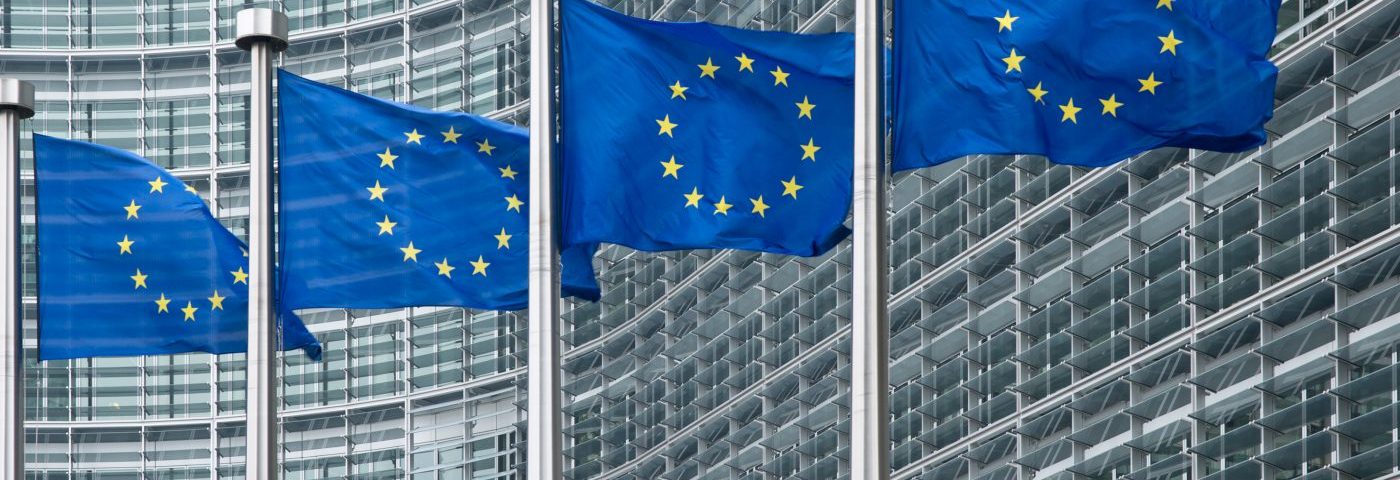The European Medicines Agency has granted small and medium-sized enterprise status to Innocrin Pharmaceuticals, a designation that provides the company with financial incentives to continue developing its prostate cancer therapy seviteronel (VT-464).
Seviteronel (VT-464) treats an aggressive form of the disease known as castration-resistant prostate cancer (CRPC). It inhibits CYP17 lyase, an enzyme involved in the production of male hormones known as androgens and female hormones known as estrogens. It also blocks the androgen receptors that attract androgens.
Both of seviteronel’s roles are important because prostate cancer cannot grow without androgens.
A growing body of research, including clinical trials, indicates seviteronel stops the growth of CRPC that is resistant to the standard therapies Zytiga (abiraterone), Xtandi (enzalutamide) or a combination of the two.
The U.S. Food and Drug Administration granted fast track designation to seviteronel in December 2015 as a treatment of CRPC.
CYP17 lyase inhibitors have also shown potential for treating other cancers driven by androgen receptors, including breast, ovarian, bladder, liver and lung cancers. In addition, there is evidence the inhibitors could be used to treat non-cancerous conditions stemming from excess androgen production, including endometriosis, polycystic ovary syndrome, and congenital adrenal hyperplasia.
The financial incentives that Innocrin will receive from its small and medium-sized enterprise designation include a 90 to 100 percent decrease in fees that European regulators levy for scientific advice and facilities inspection. The designation will also give Innocrin financial help when it navigates the regulatory approval and market authorization processes.
A key reason for the designation is to promote therapy innovation among smaller companies like Innocrin. It’s a way of safeguarding the European Union’s favorable environment for companies wanting to bring new therapeutic options to the table, European regulators say.
“The granting of SME [small and medium-sized enterprise] status is an important milestone for Innocrin, allowing us to work with the EMA [European Medicines Agency] in an efficient way to progress and expand our innovative development program for seviteronel in Europe,” Fred Eshelman, chief executive officer of Innocrin, said in a press release.
“Granting of the SME status by the EMA, following FDA Fast Track Designation for seviteronel in the treatment of breast and prostate cancer, continues to validate Innocrin and our clinical programs,” added Dr. Edwina Baskin-Bey, Innocrin’s chief medical officer. “The EMA decision, along with expansion of our Phase 2 clinical trials in Europe, will further grow our collaborative development program for seviteronel in AR-driven [andogren-reception-driven] cancers.”
Innocrin is enrolling patients in two ongoing Phase 2 clinical trials evaluating seviteronel in patients with CRPC (NCT02012920) who have received no previous treatments and in patients with CRPC who have been treated with Xtandi or Zytiga (NCT02445976).

